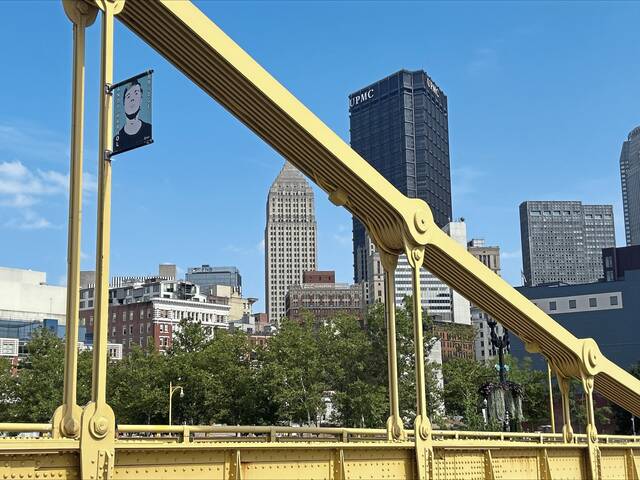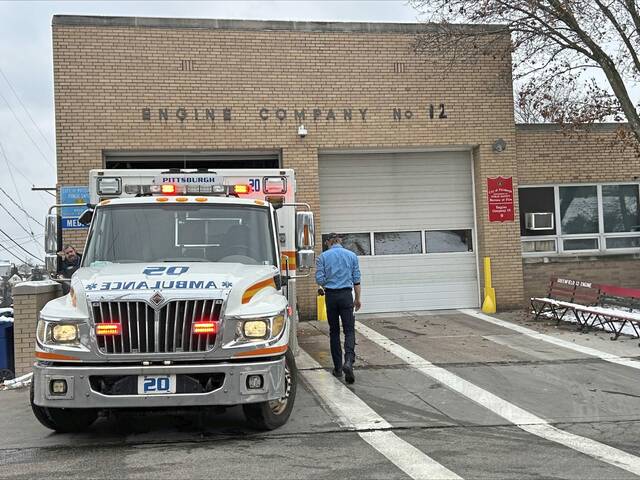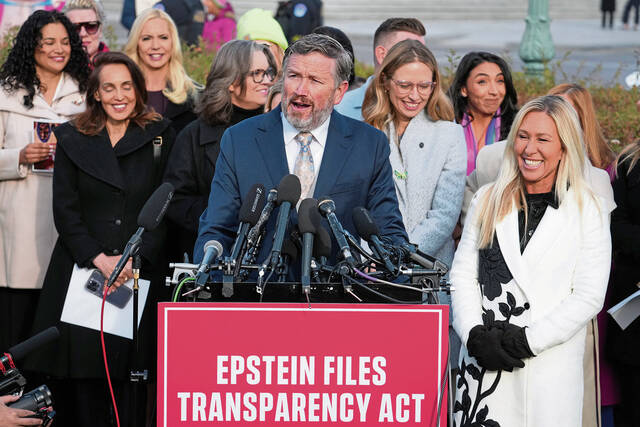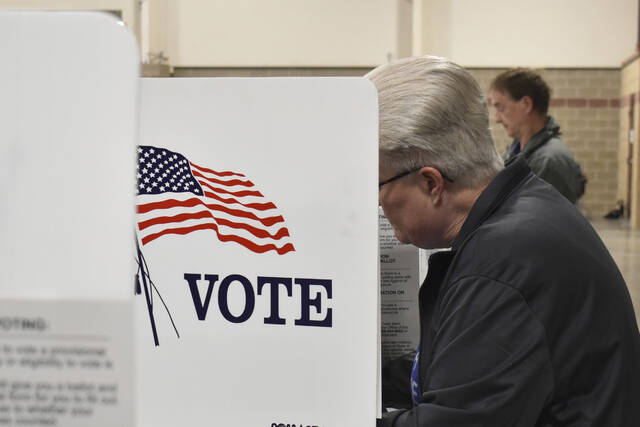Pittsburgh’s failure to grow has directly contributed to the simmering fascism that has exposed its face under President Trump’s second term. With cuts to lifesaving research and foreign aid, militarization of ICE, the National Guard being deployed in our own cities, and raids at work sites, it has never been clearer and evident just how far we’ve fallen.
But this didn’t happen by accident. For decades, a demographic shift toward Republican Sunbelt cities has slowly tilted the scales of political power away from our urban centers and economic engines in favor of Republicans who are willing and eager to lean into fascism and embolden the president’s actions.
Forecasts of the 2030 census act as an alarm bell. GOP strongholds like Texas and Florida are projected to gain four new seats each due to exponential population growth in their cities. On the other side, historically blue states like California and New York are projected to lose a significant portion of seats, with our purple commonwealth projected to lose one of its own.
This isn’t an issue of red states or cities being more popular than blue ones. This is a direct result of blue-city policies that act as a roadblock to growth and prosperity. In failing to build more homes, draw more jobs and investment, fund reliable transit, and more, we are shrinking our own political influence.
While this is largely a national issue and relies on additional steps like voter registration and turnout as well as avoiding a gerrymandering fight, the most effective way Pittsburgh can counter this trend is to grow. To prevent fascism from expanding, or to prevent the next, more radical version of Trump from taking office, our city must enact policies that attract and retain residents, therefore ensuring that Pennsylvania doesn’t cede more congressional power to states that are in lock-step with the president’s agenda.
A recent move from the Los Angeles City Council is emblematic of what has been happening in large, traditionally Democrat-run cities. After the state legislature passed a bill to make it easier to build dense housing near transit easier, Los Angeles City Council passed a resolution asking to be exempted. This “not in my backyard” reaction from elected officials tends to stifle growth, drive up prices and push residents away. California has been losing population for years now, thanks to local policies like this across the state. And while the resolution will likely have no impact on a statewide bill, it is emblematic of the attitude city leaders and residents have held for decades.
On the flip side of the aisle is Austin, Texas. In loosening its restrictive local zoning and building codes, more housing units were able to be built, allowing the supply to meet the demand and therefore keep prices from rising, which allowed the population to grow. Policies in cities like Austin are part of why red states have grown in population, and why they are likely to add congressional seats in the future. But despite Austin’s reputation as a Democratic bastion, it is likely to see zero political representation in our nation thanks to Texas’ aggressive gerrymander. We are in effect driving Democrats to places their votes are effectively silenced.
In Pittsburgh, and much of the Rust Belt, however, our situation has been different. Since the collapse of the steel industry, Pittsburgh has been losing population. A city of over 600,000 at its peak sits now at just over 300,000. Our declining population has been a large part of why housing costs here have remained, until recently, relatively affordable compared to the national average. Thankfully, our population decline has leveled off, and we seem to be slowly ticking back up in the right direction.
We now stand at a crossroads. For Pennsylvania to avoid losing a congressional seat, and maybe even for the opportunity to add one, Pittsburgh and cities like it across the commonwealth must start adding residents at a faster pace. But Pittsburgh, like Los Angeles, has in place many of the same regulatory barriers to growth and even some similar attitudes.
We need to follow the lead of cities like Minneapolis in loosening local codes to add more housing. We need to eliminate these restrictions to housing so that we can entice residents to come and stay through housing affordability. Pittsburgh has an already thriving “eds and meds” economy and a burgeoning AI sector to compliment our robust tech economy. With all these jobs and educated residents, we have a plethora of people who want to live here. The demand is there, and our policies must catch up.
But this is more than just an economic development strategy; it has become a moral imperative. Pittsburgh has recently passed progressive legislation to protect reproductive freedom and gender-affirming care. While bills like this are needed, they can be more effective if we welcome more neighbors and afford them these freedoms as well. While preventing our state’s political influence from shrinking is a major goal, the protection of residents, both new and old, is an additional benefit of local growth.
However if we don’t rid ourselves of these hindrances to growth, not only do we lose the ability to protect more residents and act as a beacon of hope, we might lose these protections in the future if Trump or the GOP see further increases in power. The growth of our city will protect more residents here while simultaneously acting as a direct investment in our democracy at large and preventing the country from being held hostage by a minority of far-right authoritarians.
The NIMBYism of blue cities and states has become an existential threat. If we fail to act now by choosing to remain stagnant instead of growing, we risk ceding permanent control of our country. Some may say that Pittsburgh is full and that we cannot grow, but the reality is that we can’t afford not to.
David V. Auth is a member of the Allegheny County Democratic Committee and a student at the University of Pittsburgh School of Law and Carnegie Mellon University’s Heinz College.








